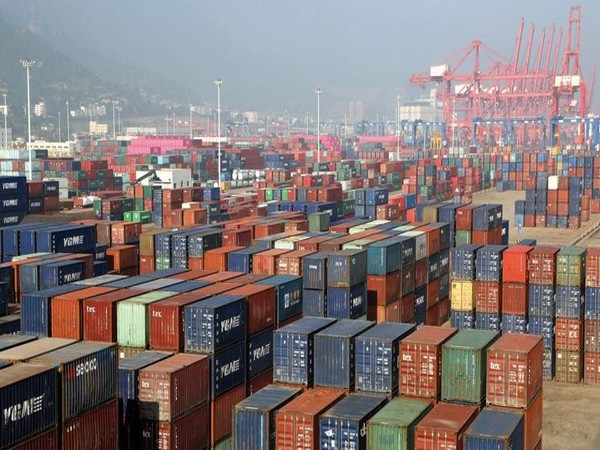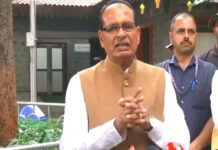New Delhi [India]: Claiming that the US-Indonesia trade deal was a “clear example of how aggressive US pressure can force” countries to ink one-sided agreements, think-tank Global Trade Research Initiative (GTRI) suggested India to be careful and not “fall into the same trap”.
The US-Indonesia trade deal was announced by the White House on July 22, 2025.
“The deal strongly favors the U.S., opens up Indonesia’s markets, weakens its domestic regulations, and damages its long-standing position at the WTO,” GTRI said in a report Wednesday.
For India, this US-Indonesia deal serves as a warning of what to avoid in trade negotiations with the US, GTRI asserted.
In the trade deal, Indonesia has agreed to eliminate 99 per cent of its tariffs on US exports, opening its market almost entirely to American industrial, tech, and agricultural goods. In return, the US will impose a 19 per cent tariff on Indonesian goods–reduced from an earlier proposal of 40 per cent. Additionally, US MFN (Most Favored Nation) tariffs will continue to apply on Indonesian exports.
Also, Indonesia has also agreed to buy USD 22.7 billion worth of US goods. This includes USD 15 billion in energy products (LPG, crude oil, gasoline), USD 4.5 billion in agricultural items (soybeans, soybean meal, wheat, cotton), and USD 3.2 billion in Boeing aircraft, according to the GTRI report.
“The U.S.-Indonesia trade deal forces Jakarta to give up key domestic regulations that have long protected its industries, food safety, and digital space,” GTRI said.
“Indonesia has agreed to eliminate local content requirements, which means U.S. companies can now operate in Indonesia without sourcing from local suppliers. This will hurt Indonesian MSMEs that rely on demand from larger firms. Making matters worse, there’s no rule requiring U.S. firms to disclose whether their inputs are sourced from China or other countries.”
“Indonesia will now accept U.S. vehicle safety and emissions standards. This allows American automakers to export directly to Indonesia without any local adjustments, while Indonesian vehicles would still have to comply with U.S. rules if they want to export there,” GTRI added.
“By agreeing to remove restrictions on remanufactured goods, Indonesia opens the door to a flood of low-cost, second-hand machinery and components from the U.S. This could severely impact local capital goods and engineering firms that cannot compete with cheaper refurbished imports,” the GTRI report read.
The US has been pushing for similar terms with India as well, GTRI asserted.
India now faces similar US demands, including allowing remanufactured goods, opening up agriculture and dairy, accepting genetically modified (GM) feed, and adopting US rules on digital trade and product standards.
“These are not small changes–they are major shifts that affect India’s long-term ability to manage its economy, protect public health, and support local industries,” GTRI opined.
It continued that India must stay alert, and any trade agreement should be based on clear, public assessments of costs and benefits.
“Concessions–especially on critical areas like food, health, digital, and IP–must be fair, reciprocal, and aligned with India’s development needs. Otherwise, India risks giving up long-term control for short-term gains, a decision it may regret later,” it supplemented.
In conclusion, it noted that it Washington continues to favor dominance over fairness, it may secure short-term wins–but at the cost of trust, and disruption of global trade, and genuine economic partnership.
US President Donald Trump had imposed reciprocal tariffs on dozens of countries with which the US has a trade deficit.
Later, President Trump decided to pause the tariffs for 90 days after many countries initiated talks with the US administration for a trade deal. In these 90 days, starting April 9, and ending on July 9, President Trump imposed a 10 per cent baseline tariff on all countries.
The Trump administration has deferred imposing additional tariffs on several countries, including India, till August 1
Since assuming office for his second term, President Trump has reiterated his stance on tariff reciprocity, emphasising that the United States will match tariffs imposed by other countries, including India, to ensure fair trade.
A high-level team from India’s Commerce and Industry Ministry was in Washington DC, to take forward crucial negotiations for a Bilateral Trade Agreement (BTA) with the United States.
(With inputs from ANI)

















